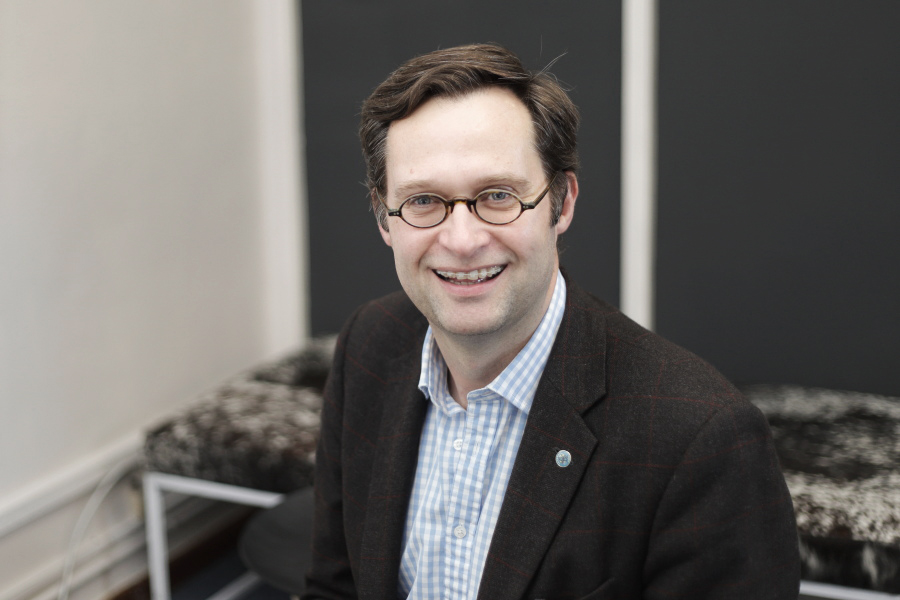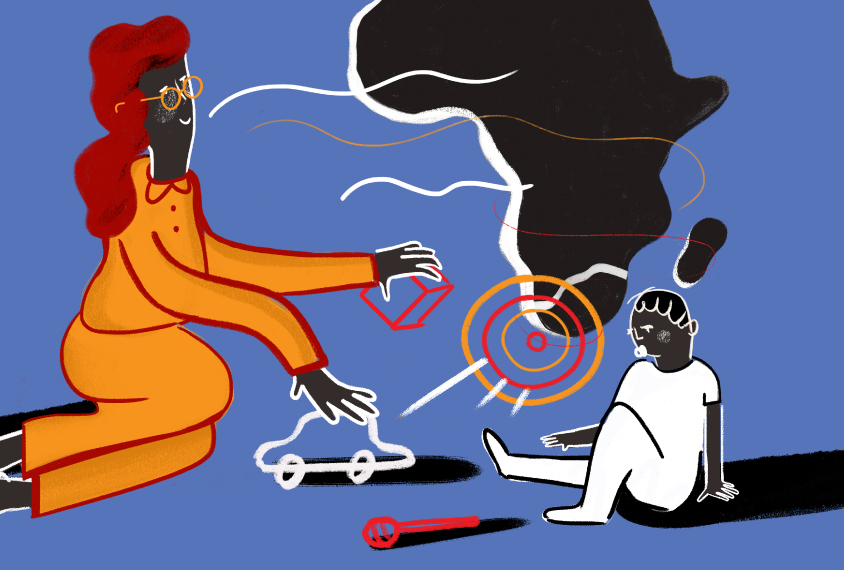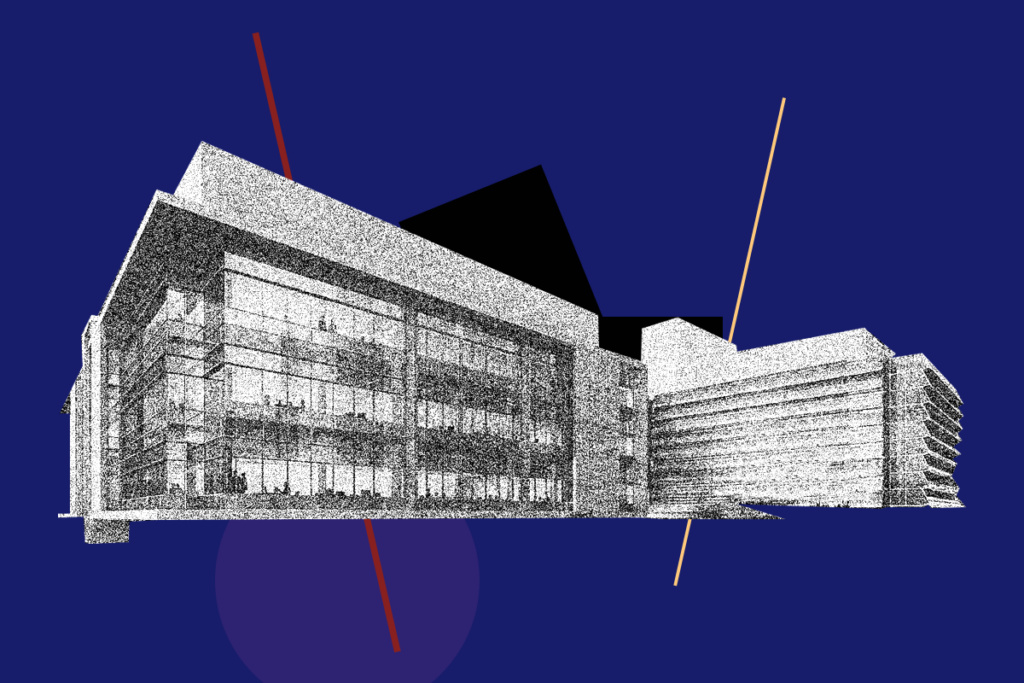Petrus de Vries is founding director of the Centre for Autism Research in Africa (CARA) at the University of Cape Town in South Africa, and current president of the International Society for Autism Research.

Petrus de Vries
Founding director
Centre for Autism Research in Africa, University of Cape Town
From this contributor
Autism research is becoming more diverse but not yet more global
Hosting the International Society for Autism Research annual meeting—which starts tomorrow—in Australia takes a step in that direction, making it easier for researchers, clinicians and advocates from the Western Pacific Region to participate.

Autism research is becoming more diverse but not yet more global
What kind of autism research should we do, and where should we do it?
Researchers at INSAR 2023 need to discuss these questions and remember that the purpose of research may be different for different communities.

What kind of autism research should we do, and where should we do it?
How to offer support for young autistic children in South Africa
Coaching caregivers in early-intervention strategies may be the most effective way to help young autistic children in South Africa.

How to offer support for young autistic children in South Africa
Explore more from The Transmitter
PTEN problems underscore autism connection to excess brain fluid
Damaging variants in the autism-linked gene cause congenital hydrocephalus—a buildup of cerebrospinal fluid in the brain—by turbocharging a downstream signaling pathway that promotes the growth of cells, according to a new study.

PTEN problems underscore autism connection to excess brain fluid
Damaging variants in the autism-linked gene cause congenital hydrocephalus—a buildup of cerebrospinal fluid in the brain—by turbocharging a downstream signaling pathway that promotes the growth of cells, according to a new study.
U.S. health agency purge includes 10 lab heads at National Institute of Neurological Disorders and Stroke
The reasons for selecting these researchers—who have led work on neuronal migration, dopamine receptors in neuronal signaling and the structure of ion channels, among other areas—remain unclear.

U.S. health agency purge includes 10 lab heads at National Institute of Neurological Disorders and Stroke
The reasons for selecting these researchers—who have led work on neuronal migration, dopamine receptors in neuronal signaling and the structure of ion channels, among other areas—remain unclear.
Five things to know if your federal grant is terminated
If you want to appeal the decision, know the rules that govern terminations, as well as the specific rationale given in your notice, science policy experts say.

Five things to know if your federal grant is terminated
If you want to appeal the decision, know the rules that govern terminations, as well as the specific rationale given in your notice, science policy experts say.